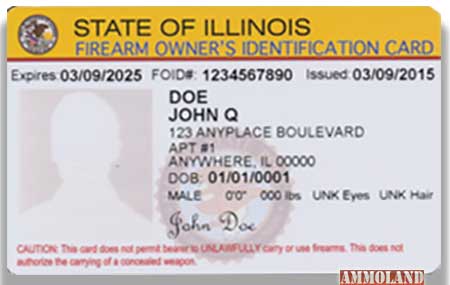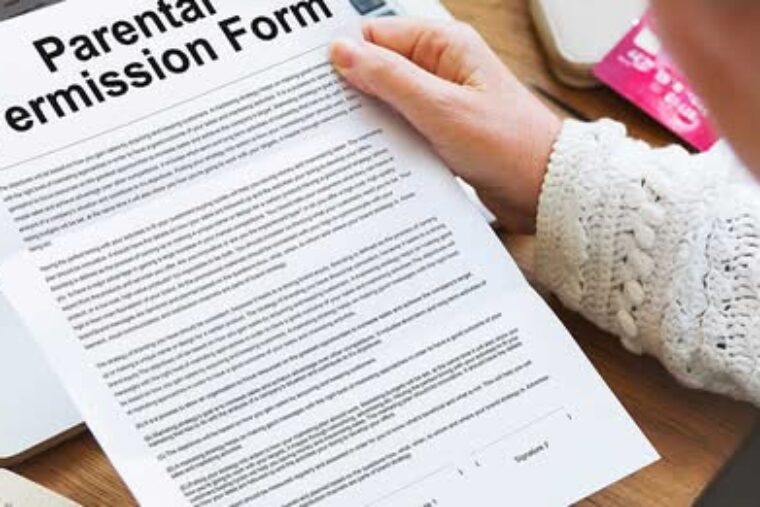It is widely believed that requiring a permit to exercise a constitutional right, like the Second Amendment, infringes on individual freedoms by allowing the state to withhold or revoke the right to bear arms. This view asserts that such permits are a form of prior restraint, subjecting a fundamental right to government approval, which stands in stark contrast to how other rights, like freedom of speech, are treated under the Constitution.
Illegal “gun violence” in the United States is an issue, prompting lawmakers to explore various strategies for regulation, regulations that usually affect law-abiding citizens more than the criminals.
Among these regulations, Permit-to-Purchase (PTP) laws have emerged as a means to screen and delay prospective gun buyers. These laws require individuals to undergo multiple(in the case of NJ & NY) background checks, and sometimes safety training or other procedural requirements, before acquiring a firearm. While proponents argue that such laws help reduce “gun violence” and suicide rates, critics assert that they place uncontitutional burdens on law-abiding citizens and violate Second Amendment (2A) protections, plus there is already a Federal background check system NICS in place for retail purchases. The constitutional debate gained new momentum after the Supreme Court’s 2022 ruling in Bruen, which shifted the legal framework for evaluating gun regulations.

Permit-to-Purchase permission-slip laws exist in several states, including Connecticut, Massachusetts, New Jersey, and Hawaii, and these laws vary in scope and requirements, but typically require an applicant to:
- Submit an application with personal information.
- Pay a non-refundable fee,
- Undergo a background check that sometimes has an additional fee.
- Sometimes, it requires fingerprints, which may incur another fee.
- Complete firearms safety training, which may also incur another fee
By Alan J. Chwick


